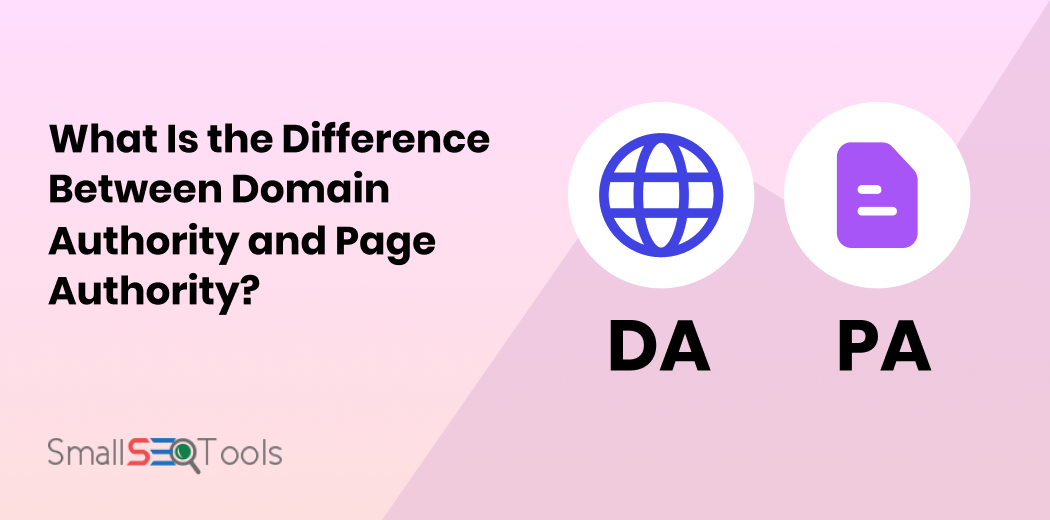Developing a Killer Call to Action

The Call to Action on your advertisement or website is the element that tells your target market what they should be doing when they hit your landing page. Perhaps the most common and simple example of a call to action is “Buy now!” However, the more you can do with your CTA, the better the results will be for all of the parties involved. You can let your audience know what they should be expecting when they click on your ad, and hopefully encourage the right people towards the next step.
- Start with a Strong Command
No matter what your CTA is for, it should always be concise, and clear. You won’t have a lot of space to get your point across in a buy button or advertisement, so you have to get straight to the point and let your audience know exactly what you want them to do. If you run an e-commerce website, then your CTA needs to start with words like “Shop”, “Buy” or “Order”. If you’re promoting a newsletter, then you’ll have to start with “Subscribe”, or “Download”.
- Use Words that Provoke Enthusiasm and Emotion
One thing that you really want your call to action to do, is to provoke a response from the audience. If your CTA is enthusiastic, it’s more likely to make your customers enthusiastic too. For example “Buy now and get 25% off!” is enthusiastic and offering an incentive at the same time. If you’re trying to convince someone to book their vacation with you, then try something like “Plan your dream trip today!” It may seem cliché, but adding an exclamation point to your CTA can really make a difference in provoking that essential enthusiasm.
- Motivate your Audience
You need to provide your audience with a reason to take the action that you want them to take. In other words, let them know what’s in it for them. If they buy your product or subscribe to your service, will it save them money, help them achieve a goal, or improve their skills with something? Your motivation will tie in heavily with the unique selling point of your product. Try to give Calls to Action that not only state the action that you want the user to engage in but also the reason why they should be taking that action. For example: “Call today for your free consultation!”
- Adapt to Devices
Creating an amazing call to action is essential, but it’s also important to think carefully about how you can customize your call to action based on the device that your audience uses most often. Generally, Google regards tablet and desktops to be the same device, as the screen sizes can be similar, and people often use them for similar search scenarios. Providing a larger, or easier to access button on your mobile app will be more effective than having someone search for a tiny link in the text.
- Be Creative
It’s important to make sure that you keep your CTAs as fresh and exciting as possible – just like your content in general. An A/B test should be enough to help you determine which CTAs are more likely to bring you clicks, and which ones have your users hitting the back button. Marketing your website and creating conversions is always a game of trial and error, and CTAs are no exception to this rule. Something may sound amazing as an initial concept, but the only way you’ll be able to know for sure that it works is by testing it out for yourself.











